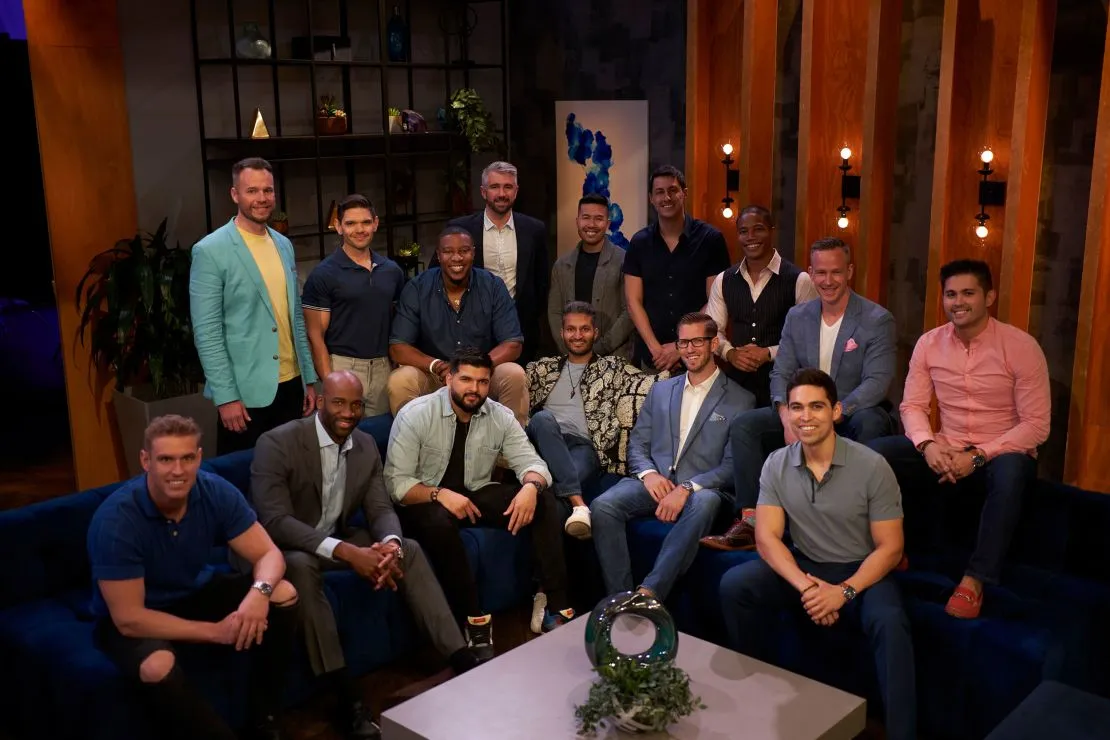

Ex-‘Love Is Blind’ Contestant Files Class Action Over Inhumane Working Conditions
The world of reality television is facing heightened scrutiny as former contestants increasingly challenge the conditions under which they were filmed. A former “Love Is Blind” contestant, Stephen Richardson, has filed a class action lawsuit against Netflix and production companies Kinetic Content and Delirium TV, alleging inhumane working conditions, misclassification of cast members, and multiple labor violations.
This case represents the latest in a wave of lawsuits from reality TV stars that could reshape how the industry handles contestant pay, contracts, and workplace protections.
The Lawsuit: Stephen Richardson’s Claims
Richardson, who appeared in season seven of Netflix’s “Love Is Blind,” argues that he and other cast members should have been classified as employees rather than independent contractors. The lawsuit claims that contestants were denied basic workplace protections, including:
-
Minimum wage
-
Overtime pay
-
Protections from unfair contractual terms, including confidentiality and noncompete clauses
Richardson also states that he, like other contestants, was forced to sign a contract imposing severe penalties for violations. Breaching the nondisclosure agreement, for example, could cost contestants up to $97,000 — a sum that underscores the imbalanced power dynamic between producers and participants.
Background: Growing Legal Pressure on Reality TV
The lawsuit comes amid a broader push for accountability in reality television labor practices.
-
In 2022, cast member Jeremy Hartwell sued the show’s producers after revealing that contestants earned just $1,000 per week, despite filming schedules that stretched up to 20 hours a day, seven days a week. This amounted to less than $7 per hour, far below California’s minimum wage.
-
In 2023, another contestant, Renee Poche, filed a similar lawsuit accusing the producers of labor violations. Arbitration proceedings seeking $4 million were later brought against her for allegedly violating her nondisclosure agreement.
The National Labor Relations Board has also weighed in, accusing the production companies of misclassifying cast members to prevent unionization and avoid paying fair wages.
Alleged Inhumane Conditions on Set
One of the most striking parts of Richardson’s complaint involves the level of control producers allegedly exercised over contestants’ daily lives.
According to the lawsuit:
-
Contestants were confined to a hotel during filming.
-
Wallets, IDs, phones, and credit cards were confiscated, limiting their freedom of movement.
-
Food was restricted — hotel staff were reportedly instructed not to provide meals.
-
Contestants’ sleeping and eating schedules were dictated by production.
-
Communications, both on and off set, were monitored and controlled.
These allegations paint a picture of a work environment where cast members had little autonomy, resembling conditions more akin to forced confinement than entertainment production.
The Power of NDAs in Reality TV
The non-disclosure agreements (NDAs) signed by contestants are central to these disputes. By imposing hefty financial penalties for breaches, production companies effectively silence cast members who might otherwise expose working conditions.
NDAs have long shielded producers from lawsuits and public criticism. However, recent cases suggest that courts may be willing to scrutinize whether these agreements are enforceable when they conflict with basic labor rights.
Netflix and Production Companies Named
The lawsuit names Netflix, Kinetic Content, and Delirium TV as defendants. While Netflix has not yet issued a statement, the production companies have faced similar allegations in the past and have consistently defended their practices.
The lawsuit seeks:
-
Unspecified damages
-
Compensation for unpaid wages
-
Court orders to prevent further exploitation of reality TV cast members
If successful, Richardson’s case could set a precedent for other contestants across multiple reality series who claim they were treated as contractors rather than employees.
The Larger Reality TV Problem
The issues raised in this case are not limited to Love Is Blind. Across the entertainment industry, contestants on reality shows have long complained about:
-
Unsafe working conditions
-
Excessive filming schedules without breaks
-
Mental health challenges brought on by isolation and pressure
-
Minimal pay despite contributing to shows that generate millions in profits
Reality TV is often marketed as unscripted and “authentic,” but these lawsuits suggest that the reality behind the scenes may involve exploitative labor practices.
Industry-Wide Implications
The outcome of Richardson’s class action could ripple across the entire reality TV industry. If the court finds that contestants should indeed be classified as employees, production companies may be forced to:
-
Pay minimum wage and overtime
-
Provide health and safety protections
-
Offer reasonable working hours
-
Reconsider the legality of their confidentiality agreements
Such changes would increase costs for producers but could also make reality TV a more sustainable and ethical form of entertainment.
Audience Perception and Public Pressure
Public sympathy is often on the side of contestants, especially when stories of long work hours, low pay, and restricted freedoms come to light. As more cast members speak out, viewers may demand higher standards from production companies.
This growing pressure mirrors broader labor movements in entertainment, including strikes by writers and actors seeking fair pay in the streaming era. Reality TV, once seen as cheaper to produce than scripted content, may no longer be insulated from labor disputes and lawsuits.
The Future of Reality TV Contracts
As more lawsuits emerge, industry experts predict that reality TV contracts will need to be rewritten to provide greater transparency and fairness. Future agreements may:
-
Limit the scope of noncompete clauses
-
Reduce penalties tied to NDAs
-
Guarantee basic labor protections
-
Provide clearer terms around work hours and compensation
Failure to address these issues could lead to further legal challenges, unionization efforts, and reputational damage for major streaming platforms like Netflix.
Final Thoughts
The lawsuit filed by Stephen Richardson, a former “Love Is Blind” contestant, shines a harsh spotlight on the inhumane working conditions allegedly experienced by reality TV participants. While producers have long relied on restrictive contracts and minimal compensation to keep costs down, the legal tide may be turning.
If Richardson’s class action succeeds, it could transform how reality TV is produced, ensuring that contestants are treated as employees with rights, protections, and fair pay. With the entertainment industry already under pressure from labor disputes, this case could mark the beginning of a new era of accountability in reality television.




















